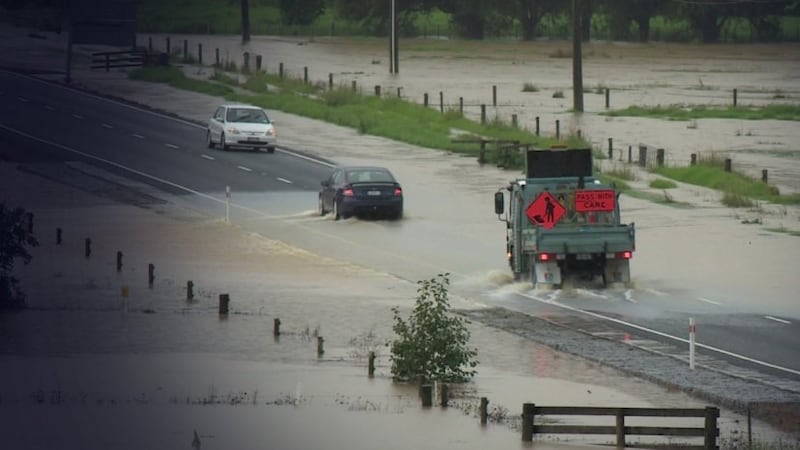The survival of Northland marae in the Whangaroa district is being discussed by local iwi and the Northland Regional Council.
Extreme weather has taken its toll on marae built on flood-prone land and iwi are demanding more to be done to protect their water supplies.
The Northland Regional Council is meeting iwi around the region to discuss water issues as part of its obligations under the Essential Freshwater strategy, which aims to protect and improve rivers, streams, lakes and wetlands but, according to Te Rūnanga o Whaingaroa tumuaki Bree Davis, the continued survival of marae from erosion and flooding is the main issue for iwi in Whangaroa
"How do we slow down the erosion? Is that possible? Do we need to be thinking about where we need to move our whare to? And for whānau that's huge."
"What are some of the changes that need to happen within the system so marae, haukāinga, and hapu can ensure their whare is standing in 50 years?"
The meeting was held at Ōtangaroa Marae in Whangaroa, a marae that was already a victim of flooding.
Dealing with flooding
Nyze Manuel says not only Ōtangaroa but also marae throughout the region are having to deal with the effect of flooding.
"This marae here, Ōtangaroa, it was flooded, it was inundated back in 2006, 2007 to the point where a lot of our marae here in Whangaroa are on flood plains. My marae in Matangirau, we are rebuilding that right now."
Northland Regional Council chair Te Tui Shortland says fresh, clean water is essential to marae and Māori, so the idea for the council was to get out into the regions and talk to locals, and the council has heard what the people are saying about erosion.
"For the North, what we need is all hands on deck. For so long now the hapu have been calling out to be the guardians."
"Erosion takes the land away and turns our rivers into brown sediment where nothing can live."
Shortland says whānau, hapu and iwi must lead the charge, with the council in a support role.
"We can help around trying to strengthen policies that protect our environment and align with the local people's traditional knowledge and practices."

